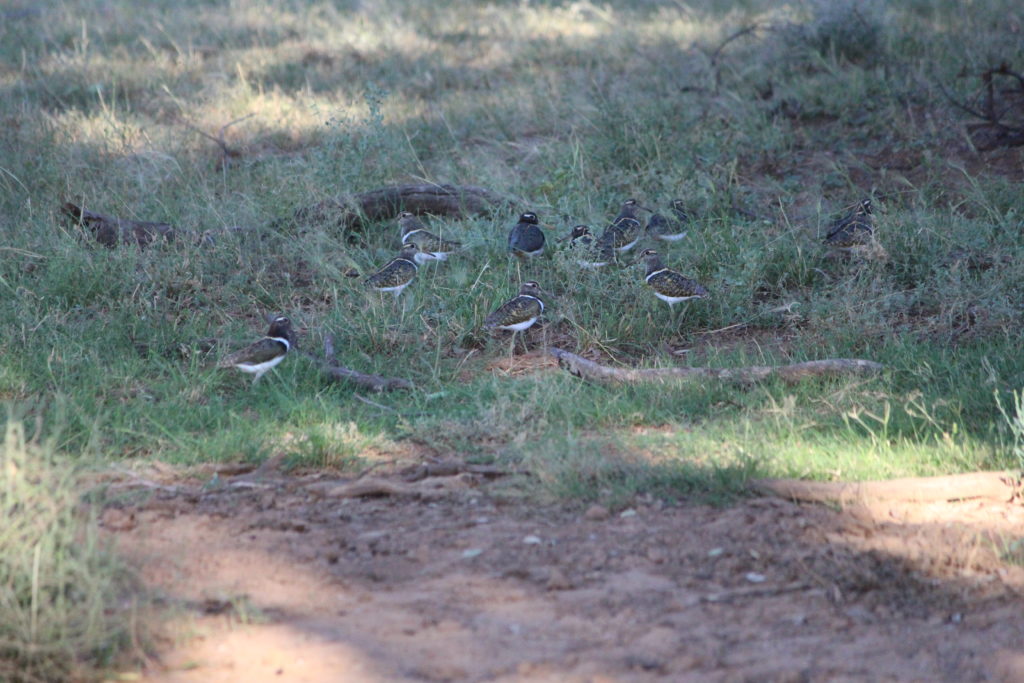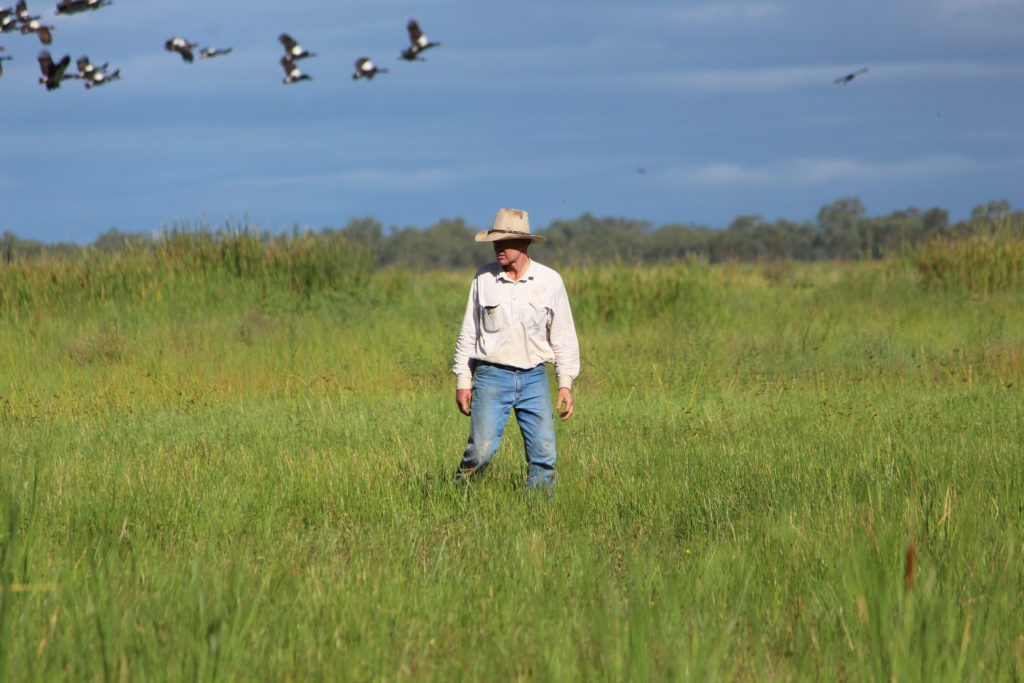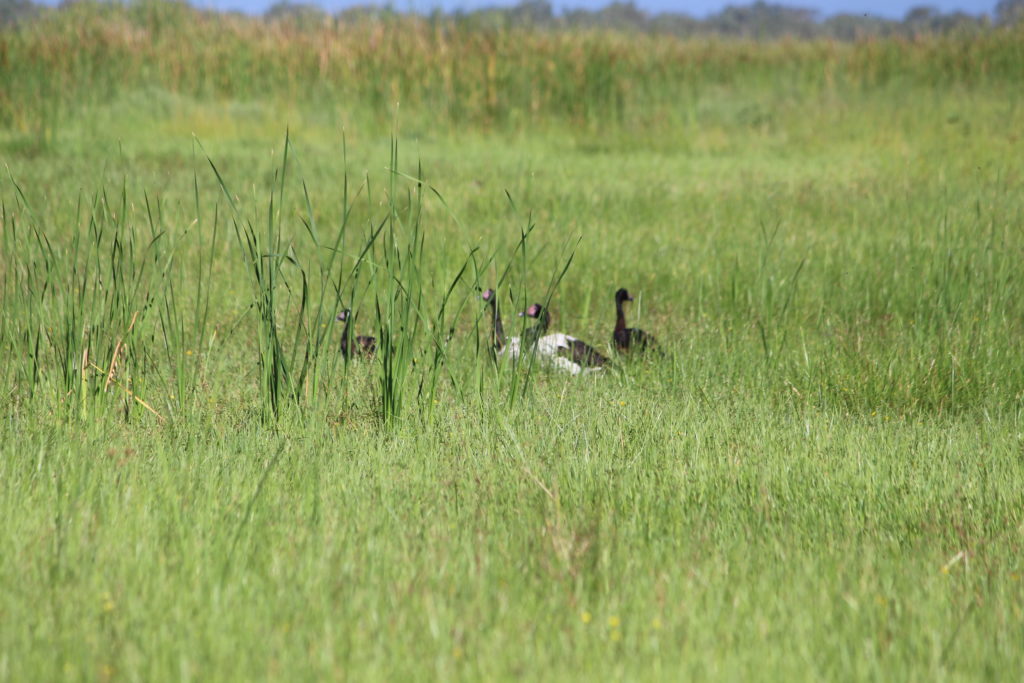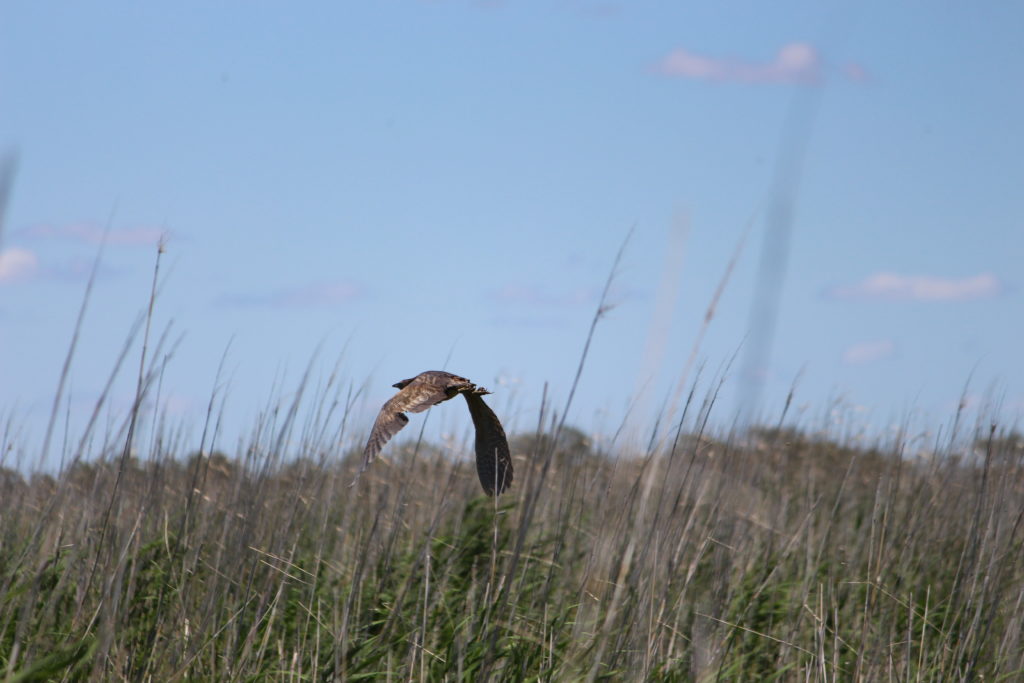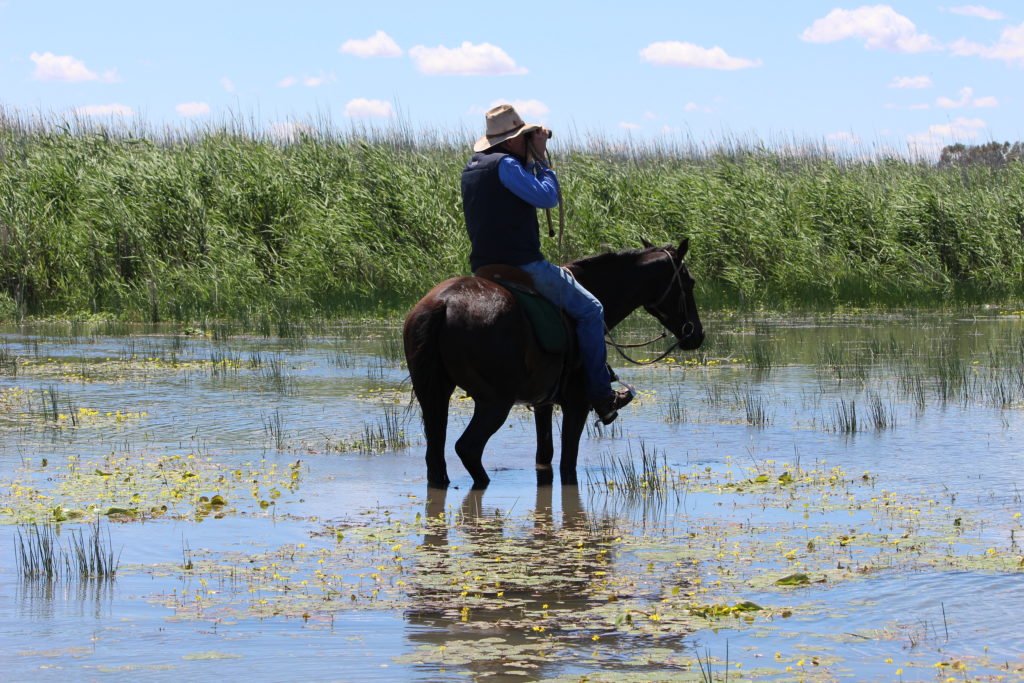EDO’s Freshwater Team has helped save an internationally significant wetland from mining activity – Managing Lawyer Dr Emma Carmody and Solicitor Huw Calford explain
A publicly listed Canadian copper and gold mining company has withdrawn its application to drill 11 exploration holes in an ecologically sensitive wetland that forms part of the Macquarie Marshes.
The Macquarie Marshes are designated as ‘internationally significant’ under the Ramsar Convention on Wetlands.
Australian and foreign-owned mining companies operate right across Australia, and often seek to undertake exploration and extraction activities on private farming properties.
Some of these properties contain ecologically and culturally significant sites that stand to be irreversibly degraded as a consequence of such development – to say nothing of the ramifications for local aquifers and rivers. Sadly, these mining projects are often approved by the government despite these impacts and strong objections by the landholder, Traditional Owners and the broader community.
Exploring for gold in a wetland?
It was in this vein that the EDO’s Freshwater Team was contacted by family farmers, Garry and Leanne Hall, in early 2021. Garry and Leanne are the owners of “The Mole”, a 5,000-hectare grazing property located 114km from Warren in north-western New South Wales (NSW), Australia.
In addition to being an intergenerational family farm, The Mole is home to part of the Macquarie Marshes, a wetland of international significance listed under the Ramsar Convention on Wetlands. The Ramsar Convention, to which Australia is signatory, is a legally binding, international treaty that seeks to protect the “ecological character” of wetlands.
Given the ecological significance of the site, it is unsurprising that both the NSW and Commonwealth Governments deliver environmental water, purchased with taxpayer money, to the wetlands on The Mole.
The Halls were therefore deeply concerned when Inflection Resources, a copper and gold mining company listed on the Canadian Securities Exchange, lodged an application with the NSW Resources Regulator to obtain an activity approval under s. 23A of the Mining Act 1992 (NSW) to drill 11 exploration holes in Mole Marsh, which is located on The Mole.
Mole Marsh forms part of the Macquarie Marshes and is contiguous with the Ramsar-designated component of the wetland on their property. Mole Marsh is also home to species and ecological communities listed for protection under state and national environmental laws. These include the critically endangered Australasian Bittern, migratory birds such as Latham’s Snipe and Painted Snipe, and Marsh Club-rush sedgeland.
The Halls initially handled the matter by themselves, but in Garry’s words felt that the system was “very much stacked against us”. Indeed, it is not uncommon for mining exploration and development projects to be approved in environmentally and culturally significant areas, despite the existence of environmental and cultural heritage laws.
EDO becomes involved
It was at this point that they contacted the Freshwater Team for assistance. We accordingly wrote to the Resources Regulator on behalf of the Halls indicating that they wished to make full and proper representations regarding the proposal to drill exploration holes in an ecologically sensitive wetland on their property.
While making such representations is not a legislated right, we nonetheless wanted to make it clear that the Halls opposed any exploration activity being undertaken on The Mole.
We also sought a copy of the s.23A activity approval application concerning The Mole, but were told that our client was not automatically entitled to a copy. We were advised that they could ask the proponent for a copy, and failing that, seek to obtain one under the state’s FOI laws (the Government Information (Public Access) Act 2009 (NSW)).
EDO provided us with invaluable advice behind the scenes before intervening on our behalf. There is no doubt that they were instrumental in helping us to secure this outcome.
Garry Hall – Farmer and private Ramsar site manager.
The fact that the law does not require the government to provide an affected landholder with a copy of an application to explore for minerals on their property is one of many ways farmers – and sites of ecological and cultural significance – are disadvantaged under the state’s mining laws.
As Garry points out, “at a bare minimum, the proponent ought to be obligated to inform the landholder that an application to drill has been lodged with the Resources Regulator.”
Application withdrawn
Shortly after the EDO’s Freshwater Team became involved, the Halls were advised by the Resources Regulator that Inflection Resources had withdrawn its application to drill the 11 holes in Mole Marsh.
According to Garry, “the EDO provided us with invaluable advice behind the scenes before intervening on our behalf. There is no doubt that they were instrumental in helping us to secure this outcome. As private Ramsar site managers, Leanne and I are indebted to the EDO.”
Latest Water Updates
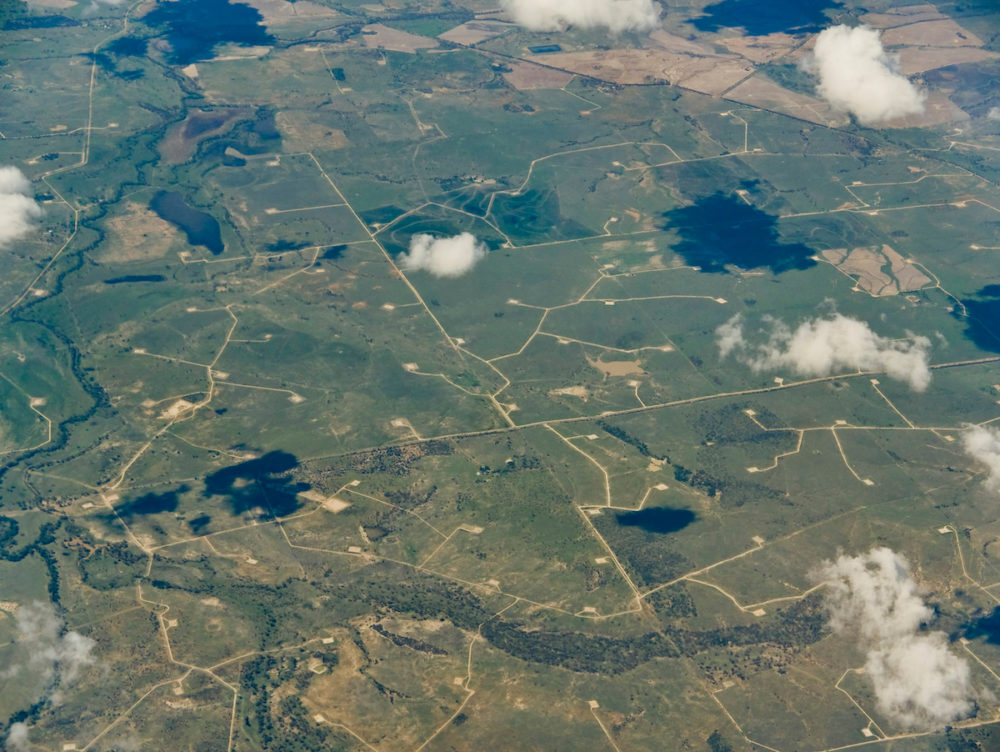
Submission to the Joint Select Committee Inquiry into Energy, Food, and Water Security in Northern Australia
Water Planning and Licencing in WA
Submission on the ‘Future National Water Agreement’ Discussion Paper
Join the EDO network today to help give the environment the defence it deserves.
Take Action

